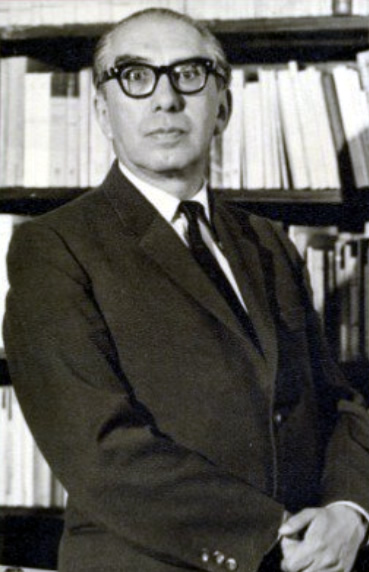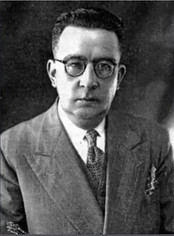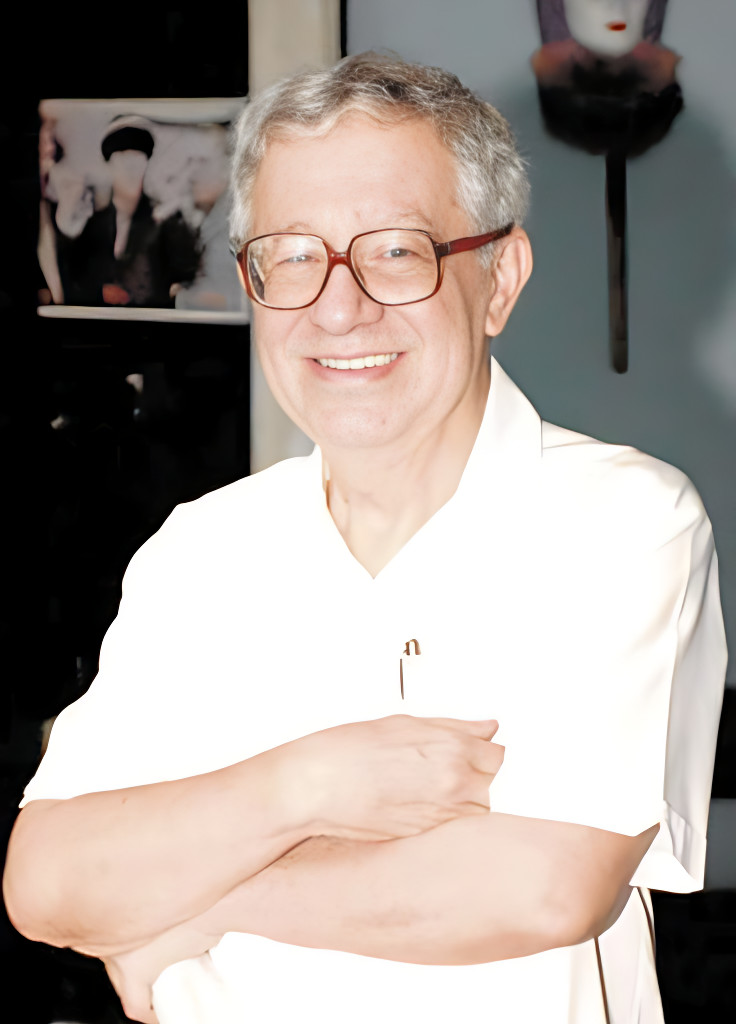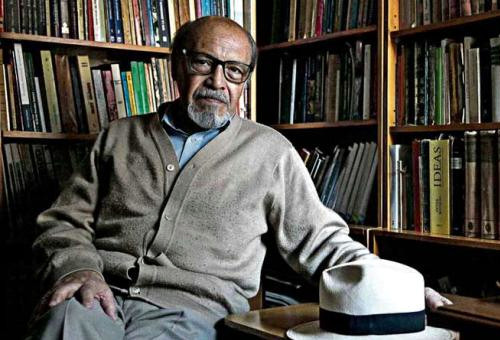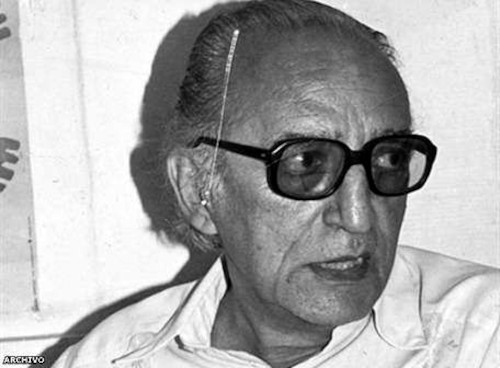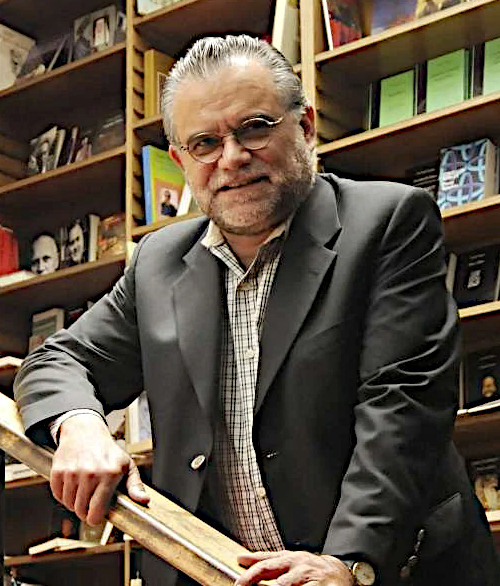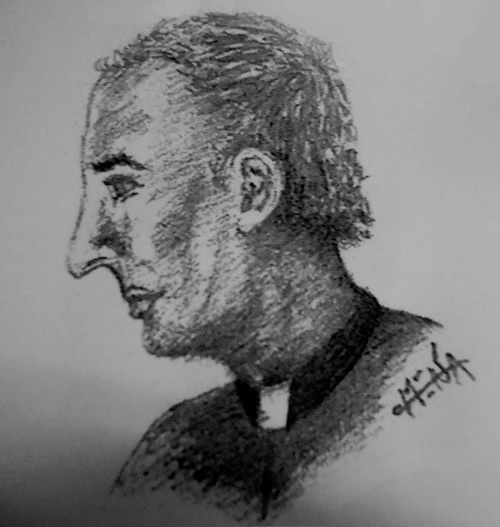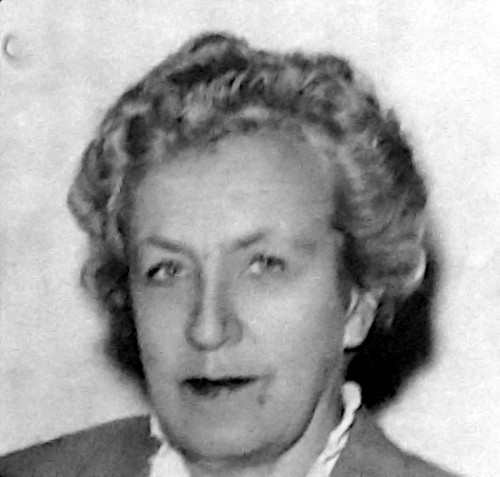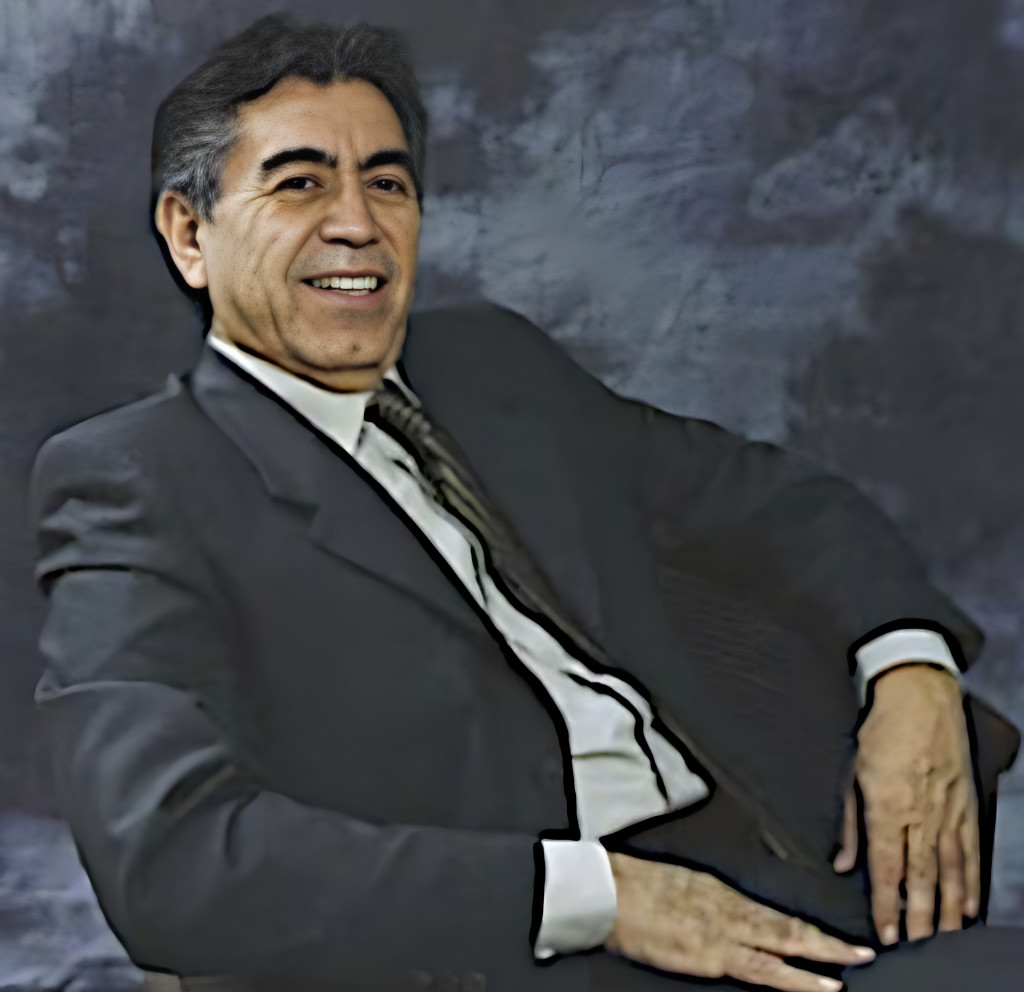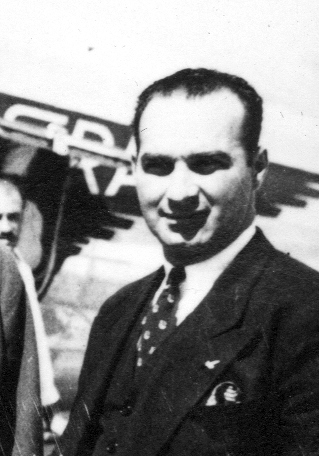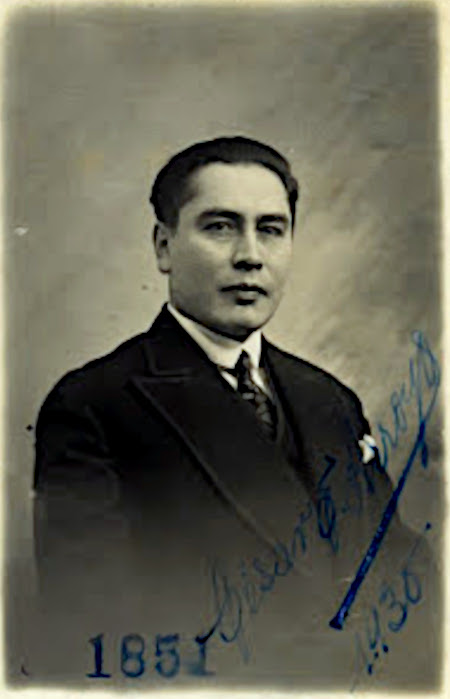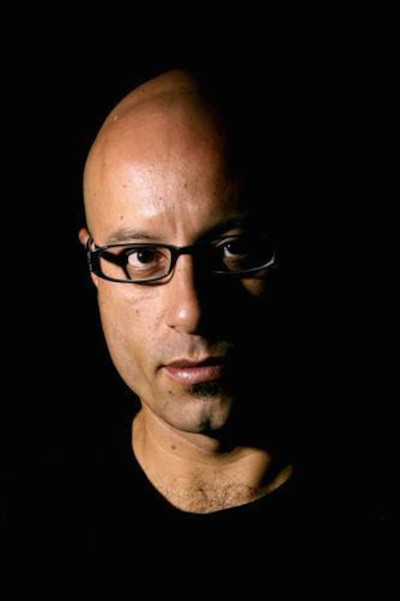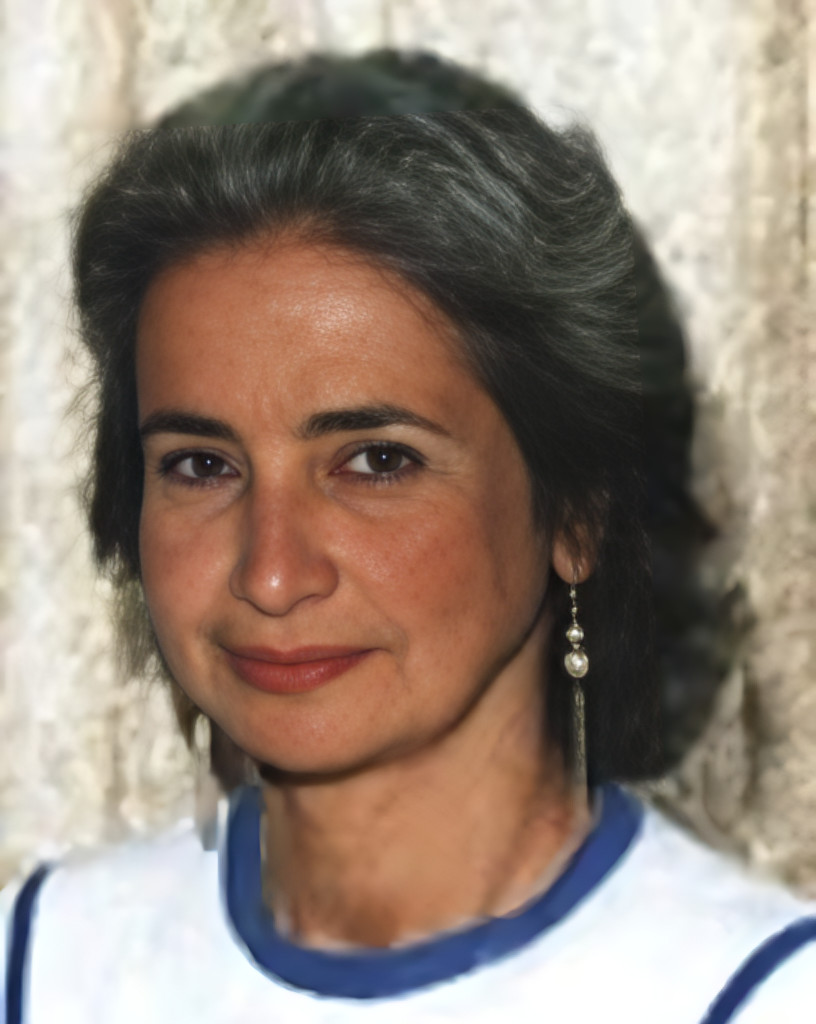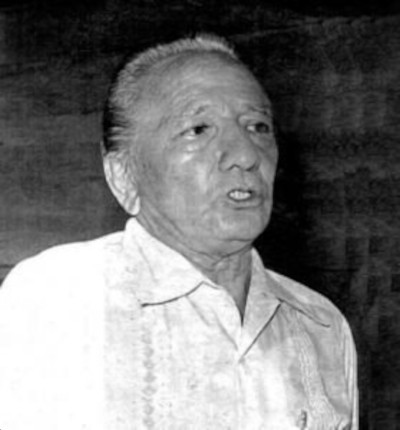Pablo Balarezo Moncayo (Ambato, 10 December 1904 – 23 January 1999) was an Ecuadorian poet, journalist and essayist. He was active in the literary and cultural circles of his native city, Ambato, and in those of Quito, Cuenca and Guayaquil. In Guayaquil, in 1934, he directed the Sunday Literary Supplement of the newspaper El Universo. He was named Director of the House of Montalvo in 1966 and Director of the National Library in 1972.
Continue reading “Pablo Balarezo Moncayo”Month: January 2021
Víctor Manuel Albornoz
Víctor Manuel Albornoz Cabanilla (Lima, March 23, 1896 – Cuenca, October 26, 1975) was an Ecuadorian writer, poet, biographer, and historian.
José Martínez Queirolo
José Miguel Martínez Queirolo (Guayaquil, March 22, 1931 – Guayaquil, October 8, 2008) was an Ecuadorian playwright and writer. He was awarded the national theater award on four occasions for his plays, La casa del qué dirán (1962), Los unos vs. Los otros (1968), La dama meona (1976) and La conquista no ha terminado todavía (1983). He was the 2001 recipient of the Eugenio Espejo Award in Literature, awarded to him by Ecuador’s president.
Continue reading “José Martínez Queirolo”Simón Corral
Simón Corral (Quito, January 5, 1946) is an Ecuadorian poet and dramatist. He studied sociology at the Central University of Ecuador, and was the president of the Federation of University Students of Ecuador. He was later a professor at the Central University of Ecuador.
Continue reading “Simón Corral”Fernando Tinajero
Fernando Tinajero Villamar (Quito, January 5, 1940) is an Ecuadorian novelist, essayist, and university professor. In the 1960s he was one of the most active members of Tzantzismo a cultural vanguard movement which had roots in the Cuban revolution. In 1971 he earned a PhD in philosophy from Charles University (Univerzita Karlova) in Prague. He is best known for his essay writing and his novel El desencuentro (1976). He was the 2015 recipient of the Eugenio Espejo Prize in literature awarded by the Ecuadorian president.
Continue reading “Fernando Tinajero”Hugo Salazar Tamariz
Hugo Salazar Tamariz (Cuenca, September 2, 1923 – Guayaquil, January 31, 1999) was a poet, novelist, playwright and actor. After traveling extensively throughout America, Europe, Asia and Africa, he moved to Guayaquil in 1940 where he lived most of his life and taught literature and drama at the university. He wrote several novels and books of short stories. In 1968 he published 3 plays in one volume entitled “Teatro,” which included “La falsa muerte de un ciclista,” “Toque de queda,” and “Por un plato de arroz.” In 2008, a complete collection of his poems was published posthumously under the eponymous title “Hugo Salazar Tamariz: poesía completa.“
Continue reading “Hugo Salazar Tamariz”Alfonso Reece Dousdebés
Alfonso Reece Dousdebés (Cotocollao, 1955) is an Ecuadorian journalist, TV reporter, and novelist. He studied law and sociology at the Pontifical Catholic University of Ecuador. He worked as a reporter since 1980 for the television channels Ecuavisa and Teleamazonas. In 1990 he decided to become a print journalist and has since worked for many leading journals of Ecuador, among which are 15 Días, Vistazo, SoHo, Mango and Mundo Diners. An article in the latter magazine earned him the Jorge Mantilla Ortega Prize from El Comercio in 1998. He is currently a columnist for the newspaper El Universo. His novels include “El Numerario” (1996), “Morga” (2007), and “Todas las aves” (2013). Critic Antonio Sacoto has acclaimed “Todas las aves” as the best-written Ecuadorian novel of the 21st century.
Continue reading “Alfonso Reece Dousdebés”Manuel Belisario Moreno
Manuel Belisario Moreno (Loja, 18?? – 1917) was an Ecuadorian writer and priest. Belisario Moreno is best known as the author of the novel Naya o La Chapetona (1900). He is the father of the sculptor Alfredo Palacio Moreno (1912-1998) and the grandfather of the former Ecuadorian President Alfredo Palacio González (in office 2005-2007).
Continue reading “Manuel Belisario Moreno”Blanca Martínez Mera
Blanca Martínez Mera de Tinajero (Ambato, October 5, 1897 – Ambato, June 20, 1976) was an Ecuadorian writer and teacher. With the publication of her book En la paz del campo in 1940, she became the first woman to publish a novel in Ecuador. Her parents were the writer Luis A. Martínez (1869–1909) and Rosario Mera Iturralde, the daughter of the writer Juan León Mera (1832–1894). Later in life she became the director of the Casa de Montalvo, a museum and cultural center in Ambato, whose eponymous magazine she edited for many years. A school in her hometown bears her name in honor of her memory.
Continue reading “Blanca Martínez Mera”Vicente Cabrera Funes
Vicente Cabrera Funes (March 28, 1944 – July 6, 2014) was an Ecuadorian novelist, essayist and Spanish professor at at the University of Minnesota Morris. He received his B.A. from the Pontifical Catholic University (Quito, Ecuador), and his M.A. and Ph.D. from the University of Massachusetts. He wrote several novels and short story collections, all of which were set principally in Ecuador. Critiquing Cabrera’s novel “Los malditos amantes de Carolina” (2005), George R. McMurray, Professor Emeritus Colorado State University, wrote that it “represents an ingenious example of metafiction, that is, a novel that dramatizes its own creative process.” Funes also wrote several notable essays, including “La nueva ficción hispanoamericana: a través de M.A. Asturias y G. García Márquez” (1972) and “Tres poetas a la luz de la metáfora: Salinas, Aleixandre y Guillén” (1975).
Continue reading “Vicente Cabrera Funes”Enrique Avellán Ferrés
Enrique Avellán Ferrés (Guayaquil, December 11, 1904 – Quito, 1984) was a distinguished Ecuadorian novelist, playwright, and legal scholar, celebrated for his contributions to both the literary and legal fields. Author of the compelling novel “La enorme pasión,” the critically acclaimed three-act play “Como los árboles” (1927), and the innovative musical fantasy “La rebelión del museo” (1969), Avellán Ferrés carved out a unique space in Ecuadorian culture. After earning a degree in social and political sciences from the University of Guayaquil, he went on to achieve notable success, including winning literary prizes and playing a pivotal role in copyright law advocacy, further establishing his legacy as a multifaceted intellectual force in Ecuador.
Continue reading “Enrique Avellán Ferrés”César E. Arroyo
César E. Arroyo (Quito, 1887 – Cádiz, 1937) was an Ecuadorian poet, novelist, journalist, playwright and diplomat. He was Ecuador’s Consul in Vigo from 1912 to 1916, and Ecuador’s Consul in Madrid from 1917 to 1919. He later served as Consul in Santander and Cadiz. He co-founded the Madrid-based magazine Cervantes (1913-1921) with the Spanish poet Francisco Villaespesa.
Continue reading “César E. Arroyo”Ney Yépez Cortés
Ney Yépez Cortés (Quito, 1968) is an Ecuadorian novelist, poet, journalist, songwriter, screenwriter, lecturer, and teacher of Tai Chi, Reiki and Qi Gong. He is best known as a science fiction, adventure and mystery writer. He published his first poems in 1990 in Ixo Facto, a surrealist literary magazine. He has since written 5 novels and 3 books of short stories. In 2001 he published his first book of short stories entitled “Mundos abiertos,” which was critically acclaimed. In 2006 he published his first novel “Las sombras de la Casa Mitre,” and 2009 he published its sequel “El árbol de las brujas.” His latest novel “El secreto de la reliquia sagrada,” a work of adventure and mystery, was published in 2019.
Continue reading “Ney Yépez Cortés”Eugenia Viteri
Blanca Eugenia Viteri Segura (Guayaquil, July 4, 1928 – Quito, September 21, 2023) is an Ecuadorian novelist, short story writer, anthologist, women’s rights activist, and teacher. Viteri has published over a dozen books including novels, short story collections, and anthologies. Her work has been translated into English, Russian, and Bulgarian. She has been a member of the House of Ecuadorian Culture since 1962. She founded the Manuela Sáenz Cultural Foundation in 1983. Through her work with the foundation, Viteri became one of the most important defenders of women’s rights in Ecuador. In 2008, President Rafael Correa honored her with the Rosa Campuzano National Prize. She was among the first to receive the newly created award, which recognizes the work of noteworthy Ecuadorian women.
Continue reading “Eugenia Viteri”Pedro Jorge Vera
Pedro Jorge Vera (Guayaquil, June 16, 1914 – Guayaquil, March 5, 1999) was an Ecuadorian journalist, novelist, short story writer, playwright, poet, university professor, and a politician from the Communist Party of Ecuador. He published and contributed to several controversial newspapers and magazines, such as “La Calle”, with the writer Alejandro Carrión, and “La Mañana”. He remained throughout his life a close friend of Cuban president Fidel Castro. Vera was the paternal uncle of Prima Ballerina Noralma Vera Arrata.
Continue reading “Pedro Jorge Vera”
